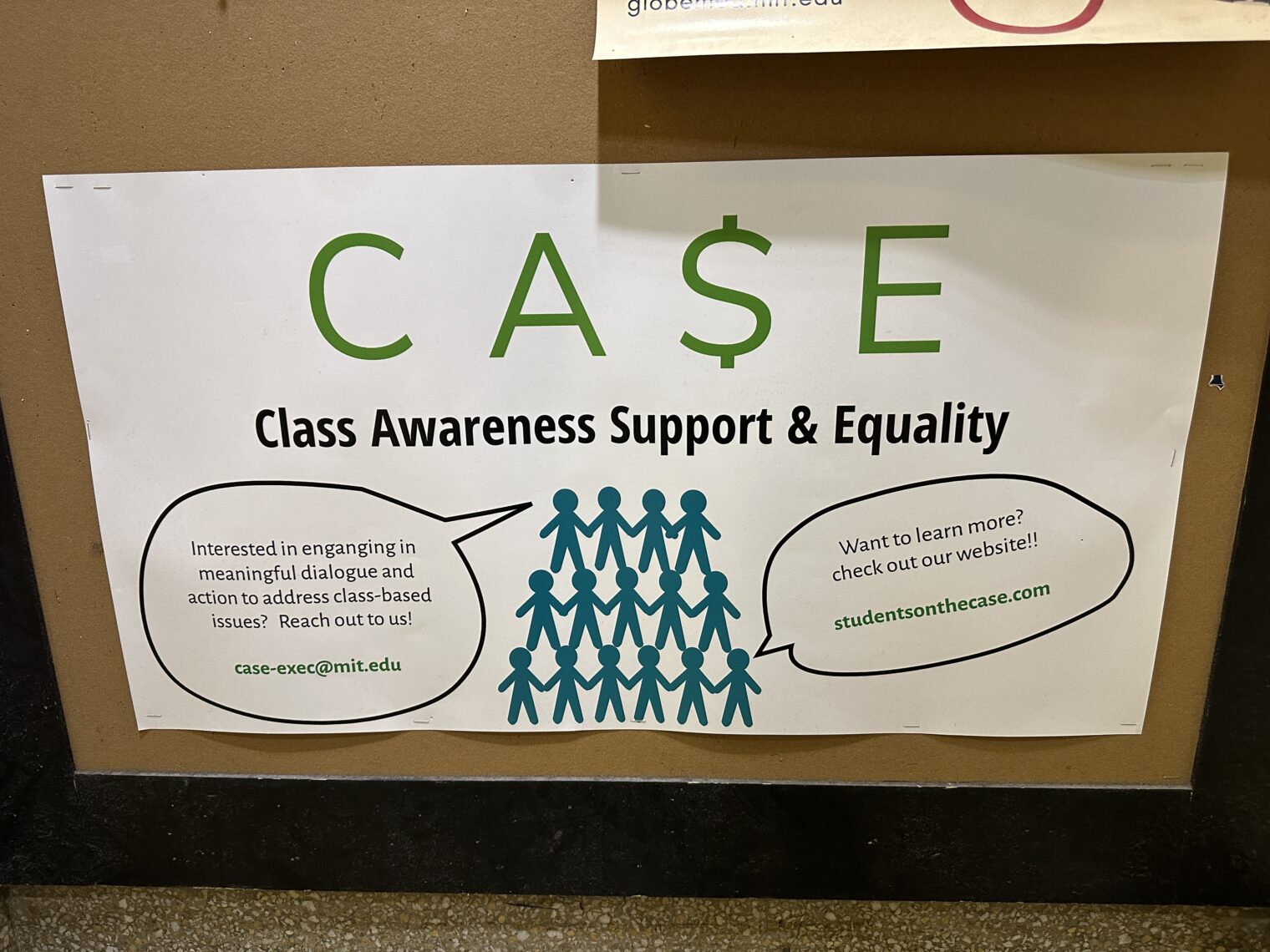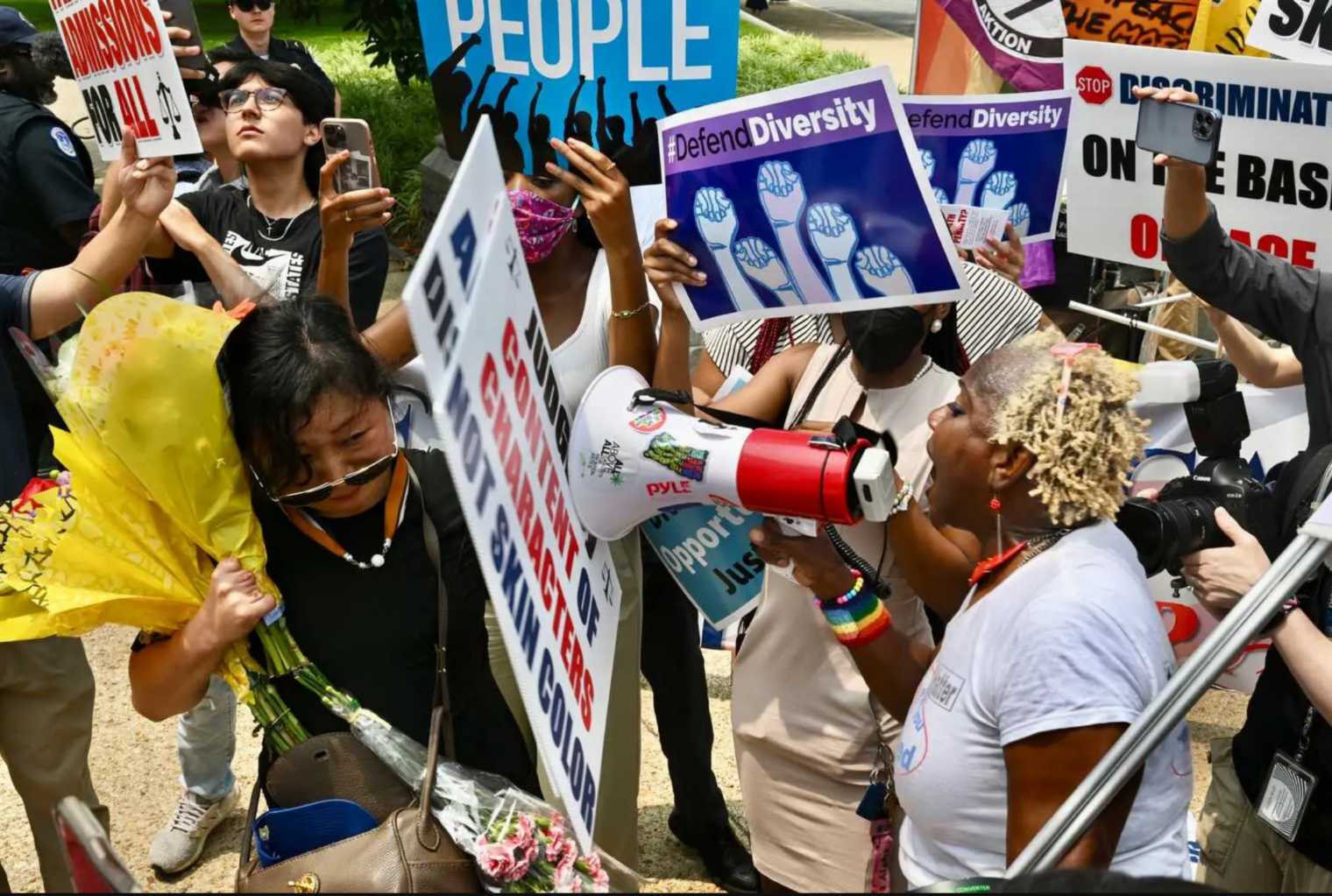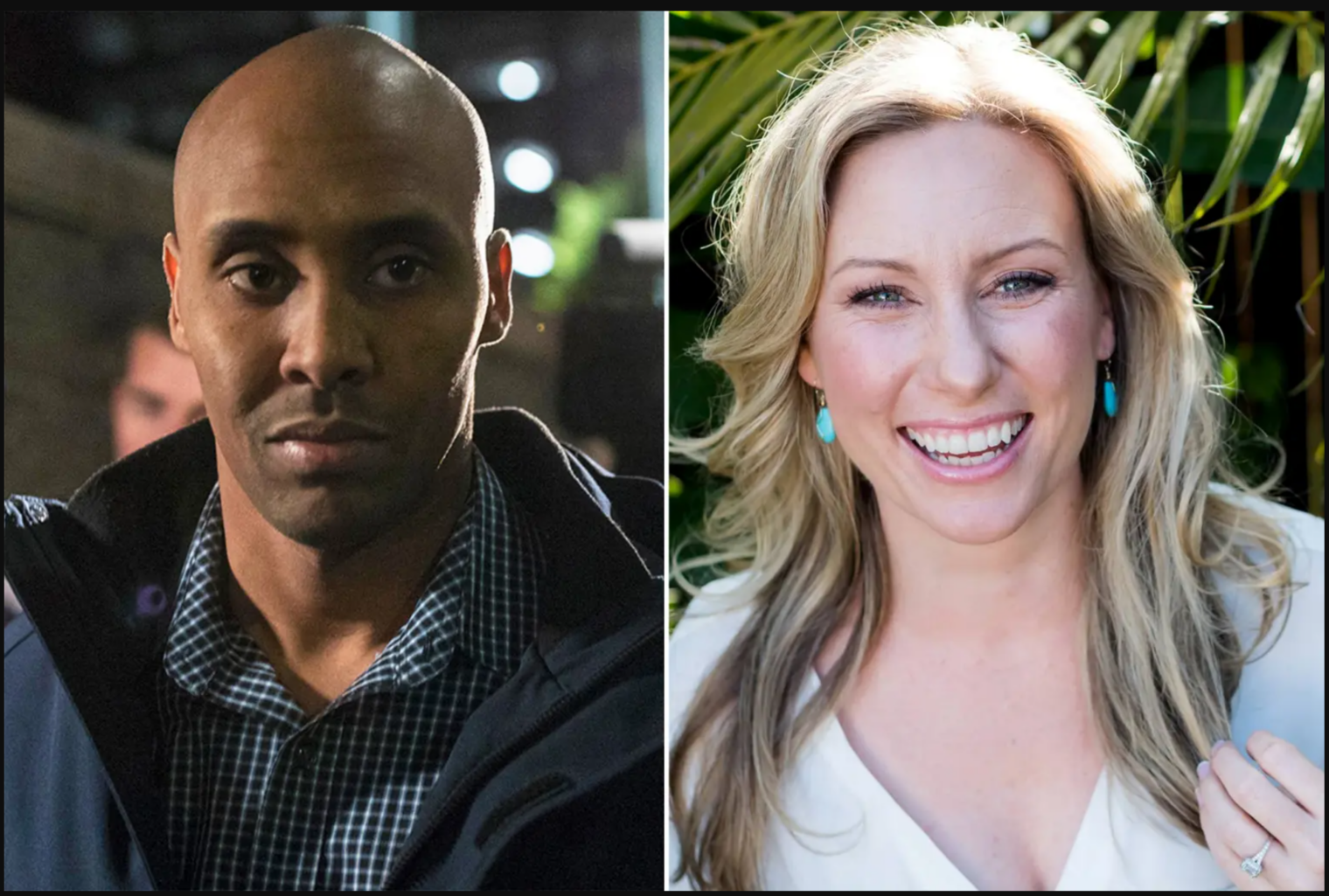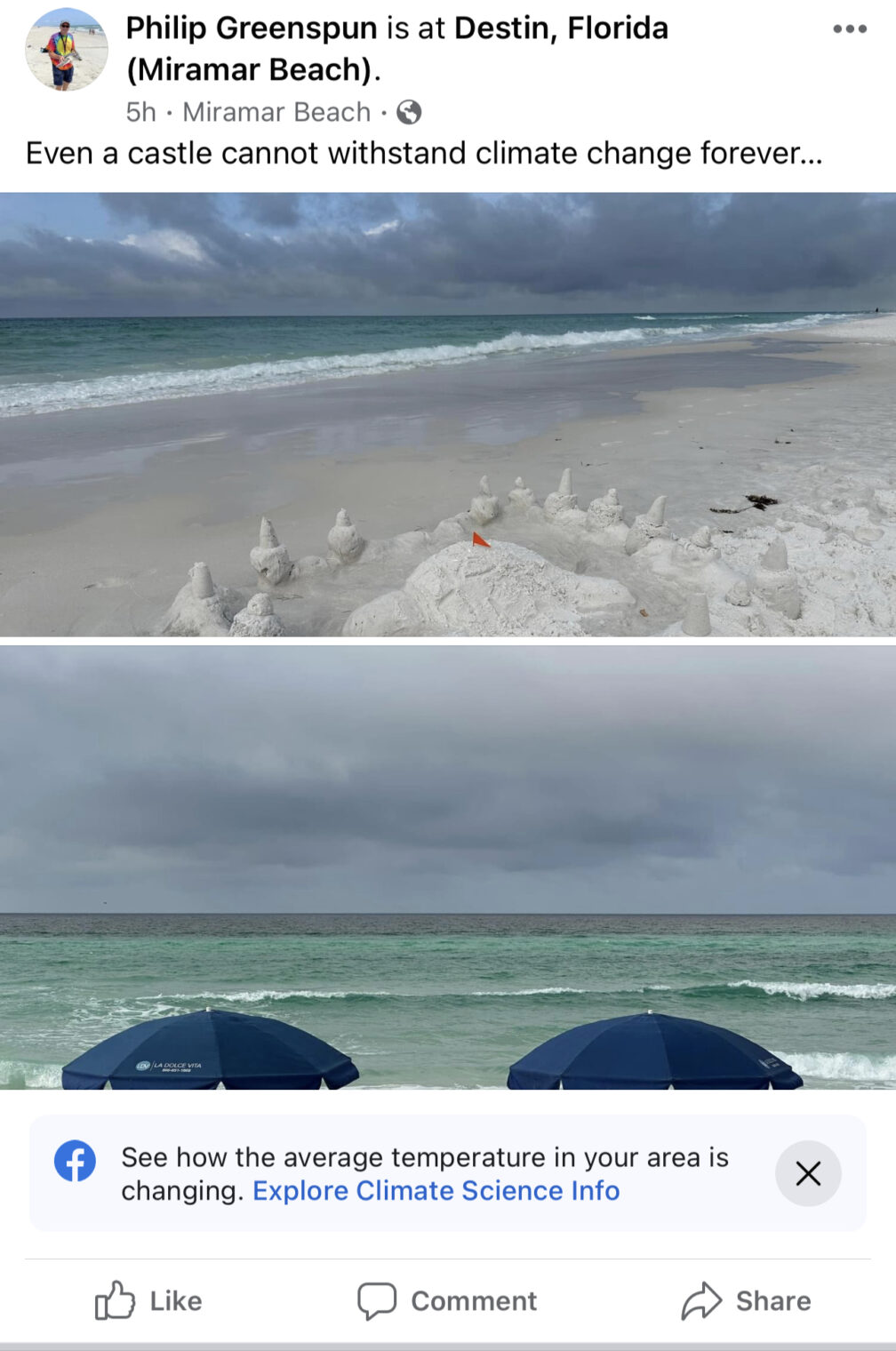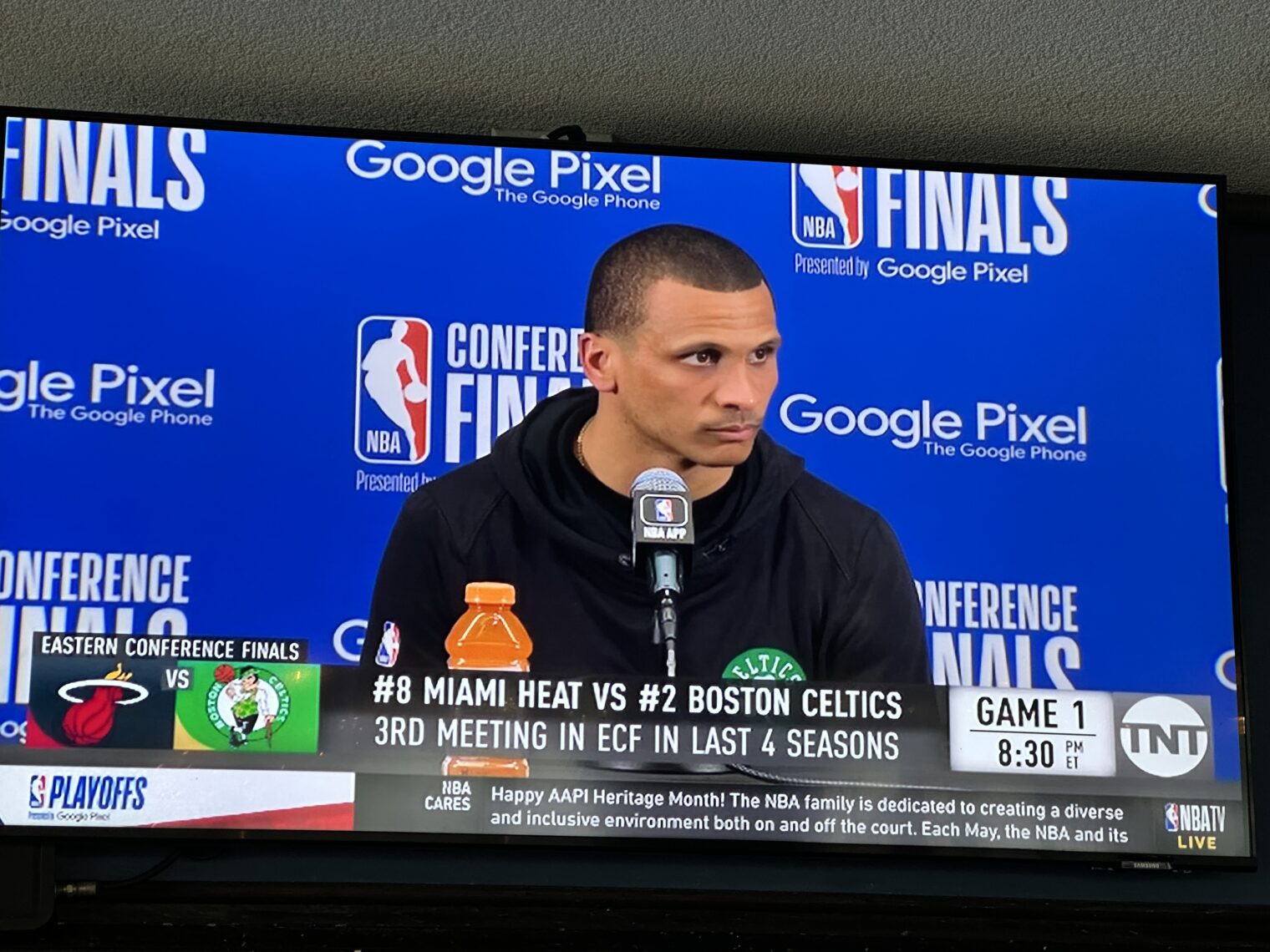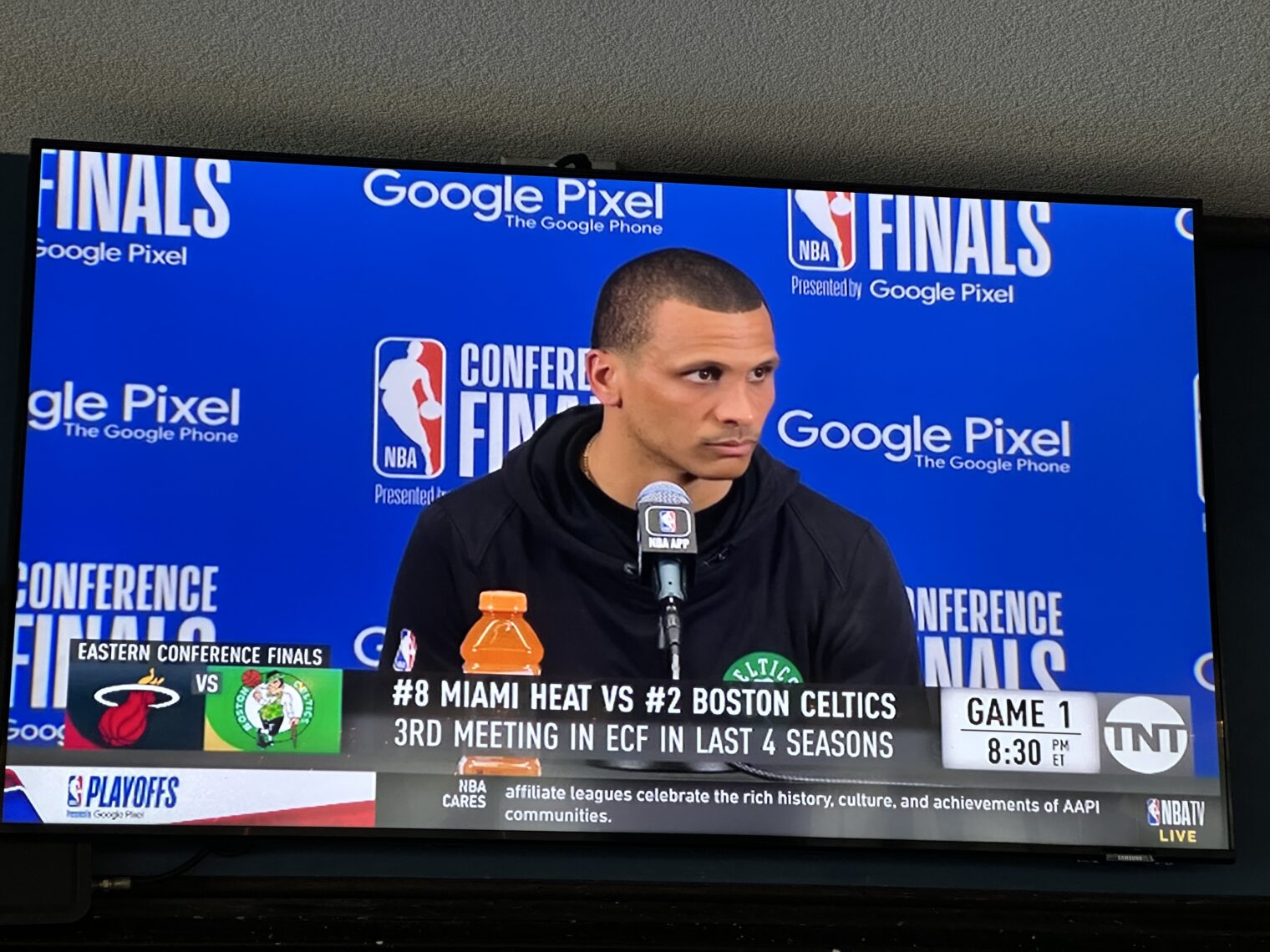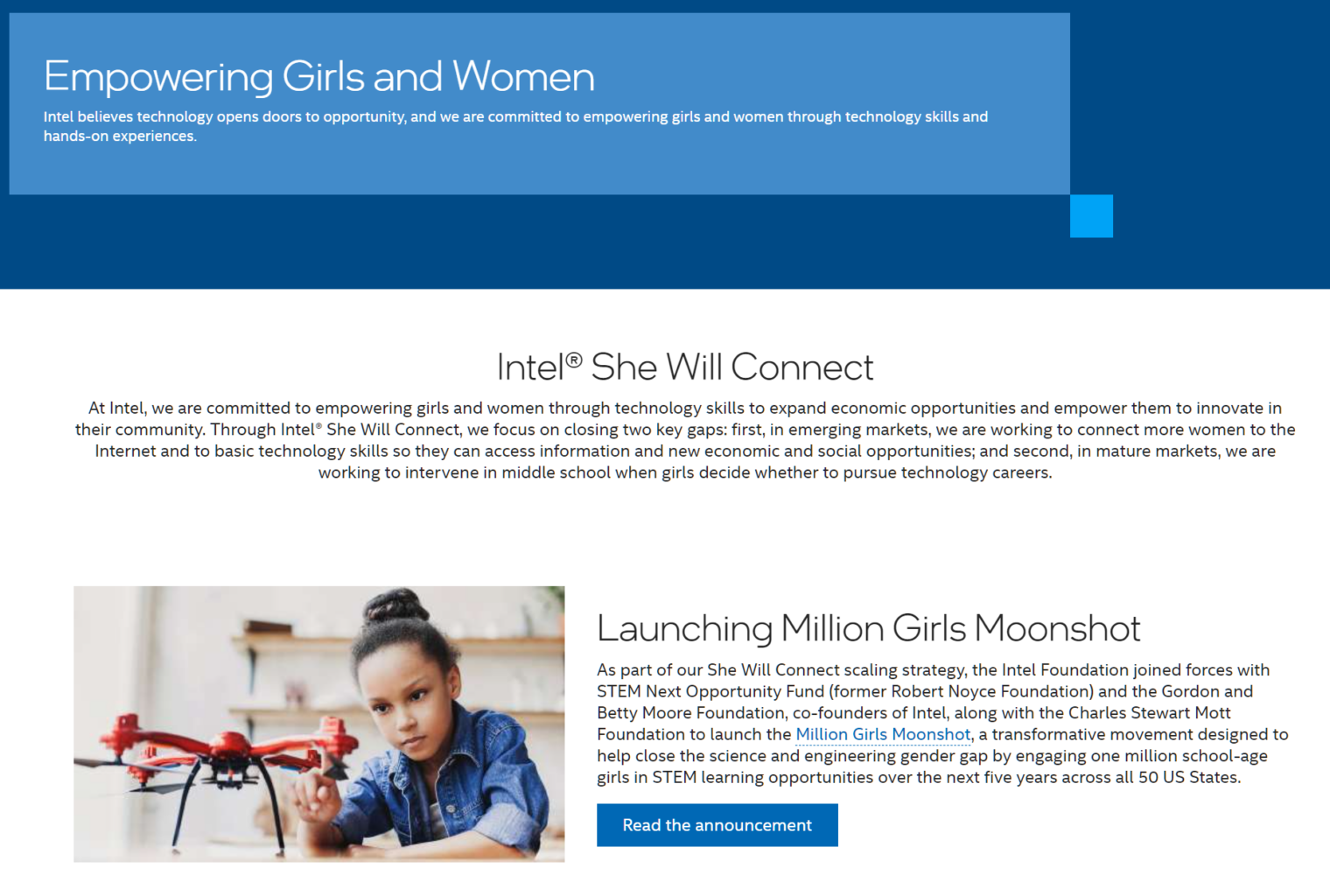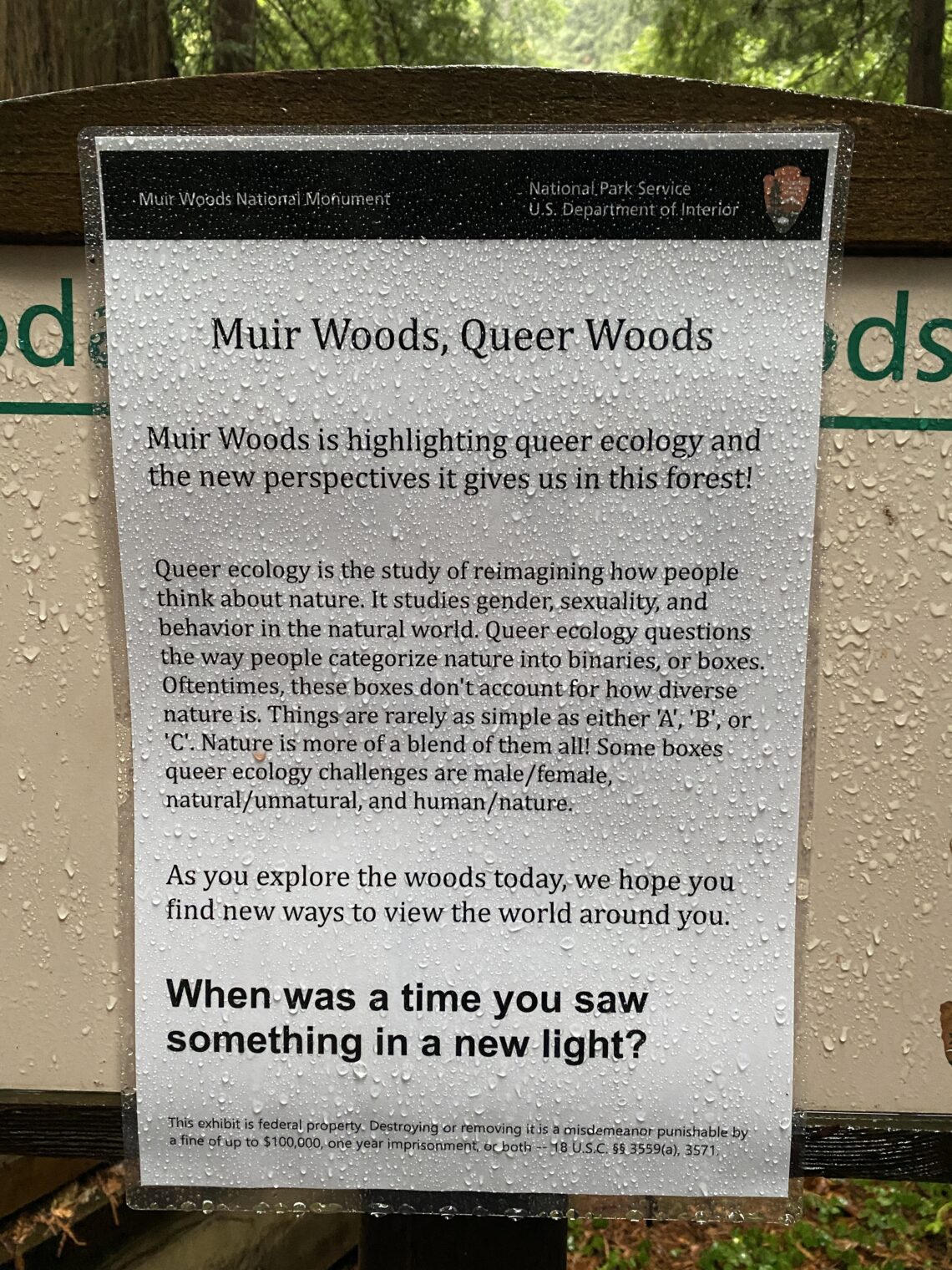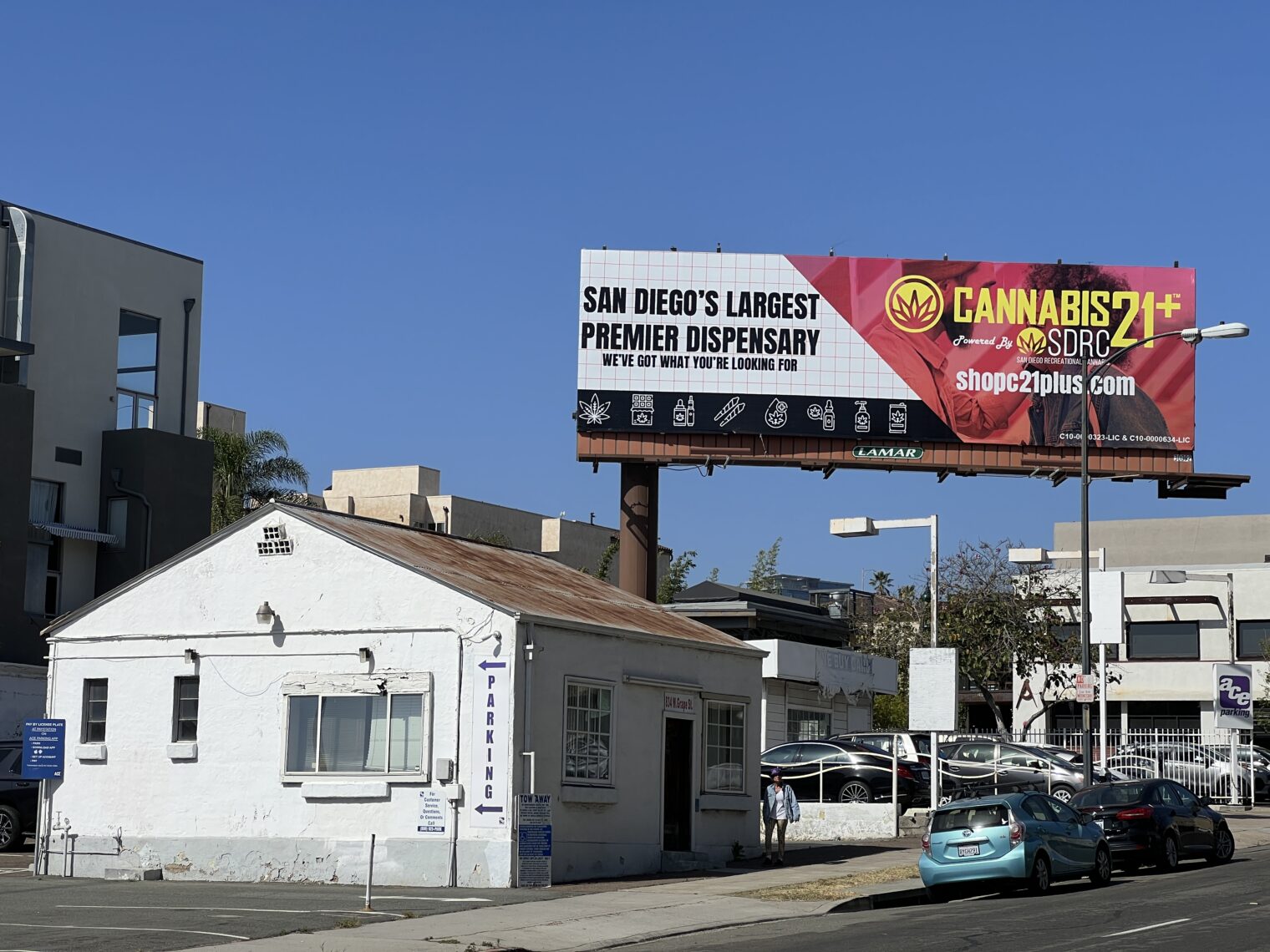ChatGPT applies to college under the new race-based system
The old race-based college admissions system has been axed by the Supreme Court. Fortunately, however, the majority has explained how colleges can run a new race-based system: “At the same time, nothing prohibits universities from considering an applicant’s discussion of how race affected the applicant’s life” (state-sponsored NPR).
I asked ChatGPT to “Write a college application essay that describes how race affected the applicant’s life”. The result is below.
Title: The Kaleidoscope of My Identity: Growing Through Diversity
When we look through the prisms of a kaleidoscope, we see a myriad of colors coalesce to form shifting patterns that somehow manage to be distinct yet harmoniously integrated. I’ve always thought of my racial background and identity in the same way, a fascinating kaleidoscope of my existence. I am of mixed racial heritage; my mother is African-American and my father is Korean. My life has been an amalgamation of experiences, both enlightening and challenging, which have shaped me into the person I am today. This essay attempts to articulate the pivotal role that race has played in my life, weaving together the strands of my diverse heritage.
Growing up as a biracial individual in a predominantly white community, I was like a patchwork quilt sewn together with pieces of different colors and patterns. At times, the vividness of my patchwork stood out, a stark contrast against a uniform backdrop. I was always the one with the “different” lunch at school – a soulful blend of kimchi and collard greens, a representation of the intersectionality of my racial heritage.
These experiences taught me about the beauty of my unique identity, but they also exposed me to the harsh realities of prejudice and stereotypes. I was often at the crossroads of preconceived notions about my races – too “Asian” to fit into the “Black” group and too “Black” to be “Asian.” The overlapping stereotypes created a paradox that was challenging to navigate. It was a roller-coaster journey, filled with moments of pride, confusion, self-doubt, and self-discovery.
However, this journey shaped my perspective about the world. I learned to challenge stereotypes, not just for myself but also for others who faced similar obstacles. It instilled in me an insatiable curiosity to understand the complexity of human experiences and the importance of fostering a society that values diversity.
In middle school, I channeled this curiosity into action. I co-founded a multicultural club to create a safe space where everyone, regardless of their racial or ethnic background, could share their experiences and learn about each other’s cultures. We hosted cultural fairs, diversity workshops, and initiated dialogues around race and identity, fostering a sense of acceptance and inclusivity within our school community.
This was an empowering experience as it allowed me to use my racial identity as a tool to bring about change, cultivating an environment where every student’s ‘kaleidoscope’ could be celebrated. The ability to turn a challenge into an opportunity for growth and empowerment is a lesson I’ve carried with me throughout my life.
High school brought a new dimension to my understanding of race as I delved into historical and sociopolitical contexts. I learned how race and systemic racism have shaped societies. I realized the privilege of education and the responsibility that came with it. This realization led me to volunteer at a local community center where I tutored children from underprivileged backgrounds, reinforcing my commitment to contribute to a more equitable society.
In college, I aspire to further this commitment. I plan to major in sociology to deepen my understanding of racial dynamics and use this knowledge to enact systemic change. I want to continue to celebrate diversity, challenge stereotypes, and create spaces where everyone feels seen, valued, and accepted.
Through the lens of my kaleidoscope, I see my unique racial background not as a hurdle but as an opportunity to learn, grow, and make a difference. It has taught me resilience, empathy, and the ability to appreciate the beauty in our differences. It has molded me into a compassionate leader, a keen learner, and an advocate for change.
The story of my racial journey is not just about me, but about how I hope to use my experiences to create a world where every kaleidoscope is celebrated. As I apply to college, I bring with me not only the colors of my own racial identity but also a commitment to understand, value, and advocate for the diverse ‘colors’ of others.
Let’s try a slightly different prompt:
Write a college application essay that describes how race affected the applicant’s life. The applicant is white and his hobbies are yachting, golf, and court tennis. His parents bought him a Lucid Air on his 16th birthday.
Title: The Voyage of Privilege: Navigating my Journey of Awareness and Understanding
I have spent much of my life on boats and golf courses, partaking in activities that, historically, are associated with the privileged echelons of society. Yachting, golf, court tennis, they have not only been my hobbies but also metaphors for my life, with its fairways and harbors marked by my racial identity. Born into a white, affluent family, I am keenly aware that my journey has been significantly shaped by the privileges my race and socioeconomic status have afforded me. This realization, though initially uncomfortable, has served as a catalyst for self-awareness, empathy, and meaningful action.
I remember the day of my 16th birthday vividly. A shiny new Lucid Air, wrapped like a gleaming symbol of privilege, awaited me in our driveway. It was a gesture of love from my parents, but it also served as a stark reminder of the privileged life I lead. It struck me then that my reality was not a universal one, and I found myself contemplating the profound disparities that continue to exist in society.
My school was predominantly white, much like my neighborhood. However, my hobbies exposed me to a more diverse demographic. I began to notice the glaring underrepresentation of people of color in my golf club and on the tennis court. I started to question the systemic barriers that might be preventing their participation. Moreover, the realization that these activities were often seen as ‘white sports’ made me question how my race influenced my access and acceptance in these spaces.
These observations led me to confront my white privilege and the systemic racial advantages I’ve benefited from. However, acknowledging privilege was just the beginning. It was essential to understand how I could leverage it to address racial disparities. I recognized that my privileged position offered me the resources, voice, and opportunity to effect change.
I started by spearheading diversity initiatives in my school, using my role as the student council president. I lobbied for more inclusive curriculum and hiring practices, ensuring the representation of more diverse voices. We organized workshops and discussions on white privilege and systemic racism to foster a culture of understanding and empathy among students.
Outside school, I focused on my hobbies. I worked with the local yacht club and golf course to initiate scholarship programs for young individuals from marginalized communities. We offered training and mentorship programs, intending to diversify participation and break down the systemic barriers prevalent in these sports.
Moreover, I took up a part-time job and saved a portion of my earnings to contribute to educational scholarships for underprivileged students. I believe that access to quality education is a significant step towards addressing racial and social disparities, and I hope to continue supporting this cause in college and beyond.
My understanding of my racial identity and privilege has significantly shaped my worldview and aspirations. I aim to major in Sociology and Public Policy in college to deepen my understanding of systemic racism and explore ways to contribute to a more equitable society. I hope to combine this knowledge with my love for sports, working towards creating equal opportunities in sports administration in the future.
As I prepare to embark on my college journey, I bring with me not just my white identity, but also an understanding of the privileges it entails. I carry a commitment to use these privileges as tools for change, and a desire to learn and grow in an environment that values diversity and inclusion. The winds of change are upon us, and I am eager to set sail, to navigate uncharted waters, and to use my privilege to effect meaningful change.
Full post, including comments